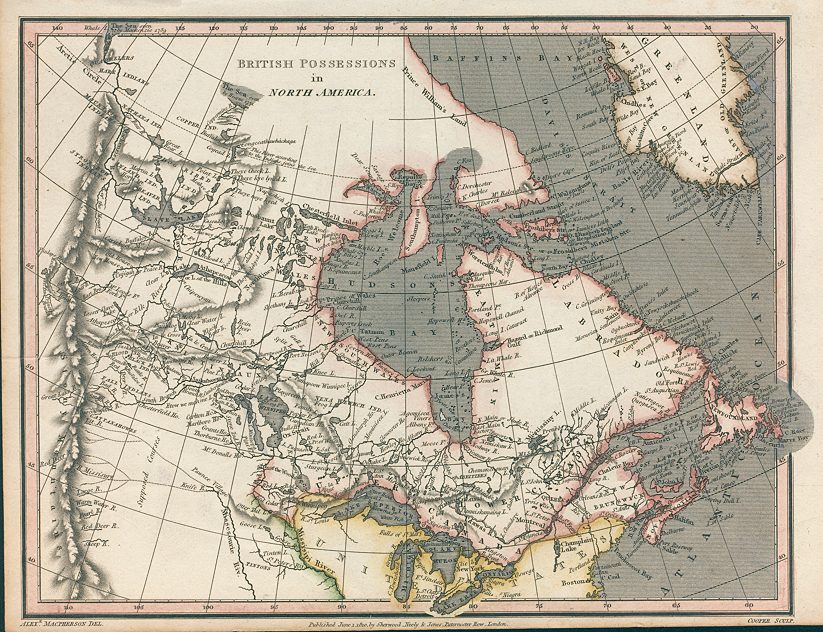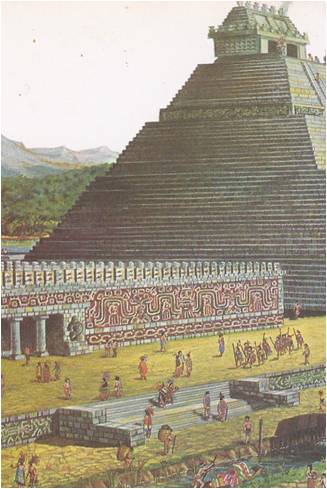Visitors to the Portuguese city of Lisbon, on a certain day in 1499, would have found the people in a holiday mood. Groups of townsmen who gathered here and there talked excitedly about the arrival of two ships and there was good reason. In the two years since these vessels had sailed down the river and slipped out of sight, they had completed the first trip from Europe around Africa to India and back. Such an event indeed deserved to be celebrated. Not only had the fearless captain of this expedition, Vasco da Gama, performed a great feat of navigation, but he had brought back spices and other goods worth 60 times the cost of his voyage. No wonder the people shouted. No wonder King John of Portugal rubbed his hands with glee and heaped honours on da Gama. For here, reasoned King John, lay the key to power and prosperity. Suppose each Portuguese ship returned laden with goods worth 60 times the cost of its voyage. Portugal quickly would become rich and powerful. How much better off he was, the king thought, than if he had listened to Columbus! That man had pestered him for years to provide the ships, money and men to sail westward across the Atlantic to India. To be sure, Columbus had finally obtained backing from the monarchs of Spain, Ferdinand and Isabella. What had he accomplished? For the most part, all he had found was a tropical wilderness peopled with savages and he had brought back little to compare with the rich cargoes in the holds of da Gama’s vessels. Yes, in 1499 it looked as if little Portugal would get ahead of all other European countries in the race for wealth and power. Several years passed before other voyages across the Atlantic proved …
Read More »Democracy Spreads 1867-1905
DEMOCRACY IN the Scandinavian countries, Belgium, Holland and Switzerland followed the pattern of the three large democracies. Everywhere during this period there was a trend toward constitutional government, elected law-making bodies, cabinet ministers with responsibility to the people, liberty, personal rights and voting rights for all men in the lower classes. In Canada, the most difficult problem was nationalism. At the time of the Civil War in the United States, Canada consisted of a number of British provinces, most of which were independent of each other. The oldest of these was the province of Quebec in the Saint Lawrence valley. As it was originally a French colony‚ its people still spoke French, obeyed laws similar to those of France and worshipped in the Catholic Church. Although they had lived under the British flag for many years, they were afraid that the great flood of immigrants from England would destroy their way of life and felt that as Frenchmen they should form a nation of their own. At the same time, British subjects in other parts of Canada felt that all the provinces should join together in one large nation. The problem was finally solved by uniting all the provinces in one nation, but allowing each province to retain control of local affairs. The Canadians wrote a constitution for the new nation, which was approved by the British Parliament in 1867 when it passed the British North America Act. The constitution provided that the Dominion of Canada should have a parliament with a cabinet responsible to the political party in power. At that time, the Dominion consisted of four provinces — Quebec‚ Ontario, Nova Scotia and New Brunswick. Manitoba became a province in 1870 and British Columbia in 1871. The Canadian Pacific Railroad was built to connect these western provinces with …
Read More »Adventures in the New World 1519 – 1620
“I DID NOT come to till the soil like a peasant,” said Hernando Cortez. “I came to find gold.” His words echoed the thoughts of almost every Spaniard in the New World. The discovery of the sea route to the West had set off a great treasure hunt. Colonizing and slaughtering, building and plundering, the gold-hungry Spaniards won a Spanish Empire of the West. Conquistadores‚ they were called — the conquerors. None of the treasure-hunters was more cunning or ambitious than Hernando Cortez‚ who came to the island of Hispaniola in 1504. It was not until 1519 that the governor of Hispaniola sent him on an expedition to explore the coast of Central America. Cortez sailed with five ships, 500 soldiers, eleven cannon and fifteen horses. The fleet anchored near the coast of the territory called Mexico and the men went ashore to build a settlement. Cortez ordered the ships dismantled so that none of his men could go back to Hispaniola, then set off on a march inland. Mexico was a vast country whose Indians had built a highly organized civilization and Cortez had a force of less than 500 men. He was a skillful leader; besides, he had firearms and horses –and good luck. Not long after he began his march, a horde of Indians swept out of the hills to attack the Spaniards. As soon as the Spanish cavalry appeared, the Indians fled to safety. As one soldier later wrote, the Indians, “who had never before seen a horse, thought that steed and rider were one creature.” One tribe after another surrendered. They had been conquered by the people called the Aztecs and many of them offered to join Cortez in the fight to destroy the Aztec empire. As the Spaniards and their Indian allies pushed on …
Read More »


